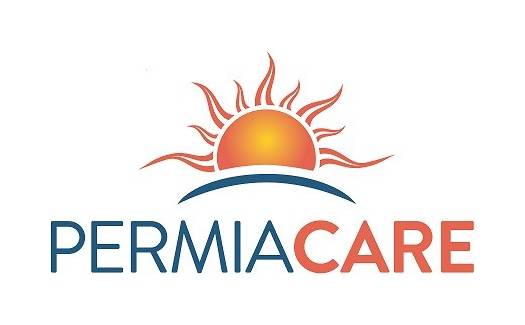MIDLAND PermiaCare, the Local Mental Health Authority serving 27,000 square miles in West Texas, recently implemented an innovative Multisystemic Therapy (MST) program to identify and provide in-home assistance to at-risk youth in Midland and Ector Counties. PermiaCare’s new team is a result of the Texas Legislature’s $32.5 million investment in MST, including $21 million to fund 15 additional MST teams across the state, a news release said.
The program supports at-risk youth ages 12-17, and their families, in need of intensive assistance, providing evidence-based interventions to ensure that children and adolescents avoid placement and/or interaction with law enforcement. It has proven most effective for treating youth who have committed or who are at risk of committing violent offenses, have serious mental health or substance abuse concerns, and are at risk of out-of-home placement. They also provide family members with the skills needed to ensure long-term success. The four-therapist team, which began taking referrals on July 1, is available to youth and families 24 hours a day, 7 days a week, right in their homes.
“MST allows us to reach a population of children and families that we have never had the capacity to serve before,” Todd Luzadder, PermiaCare’s Chief Operating Officer, said in the release. “It allows us to focus on issues that do not need to be tied to a mental health diagnosis and will give us the opportunity to keep kids out of placement and together with their families utilizing evidence-based practices for at-risk youth. We are extremely excited about our implementation of MST, and grateful for the technical assistance and support provided by MST Services and Evidence Based Associates in helping us stand up our new program.”
According to the release, MST is the only evidence-based treatment that has been shown to reduce violent crime among adolescents, bringing rates down by as much as 75%. Services typically last three to six months. MST reduces delinquent and antisocial behavior by addressing the core causes of such conduct, expanding the focus of treatment beyond the youth to include the network of systems responsible and caring for them, including family, peers, school, and community.
In addition to reducing future violence, the scientific literature shows the effectiveness of MST, with 9 out of 10 young people served by the program still living at home, in school or working, and avoiding follow-up arrests.




